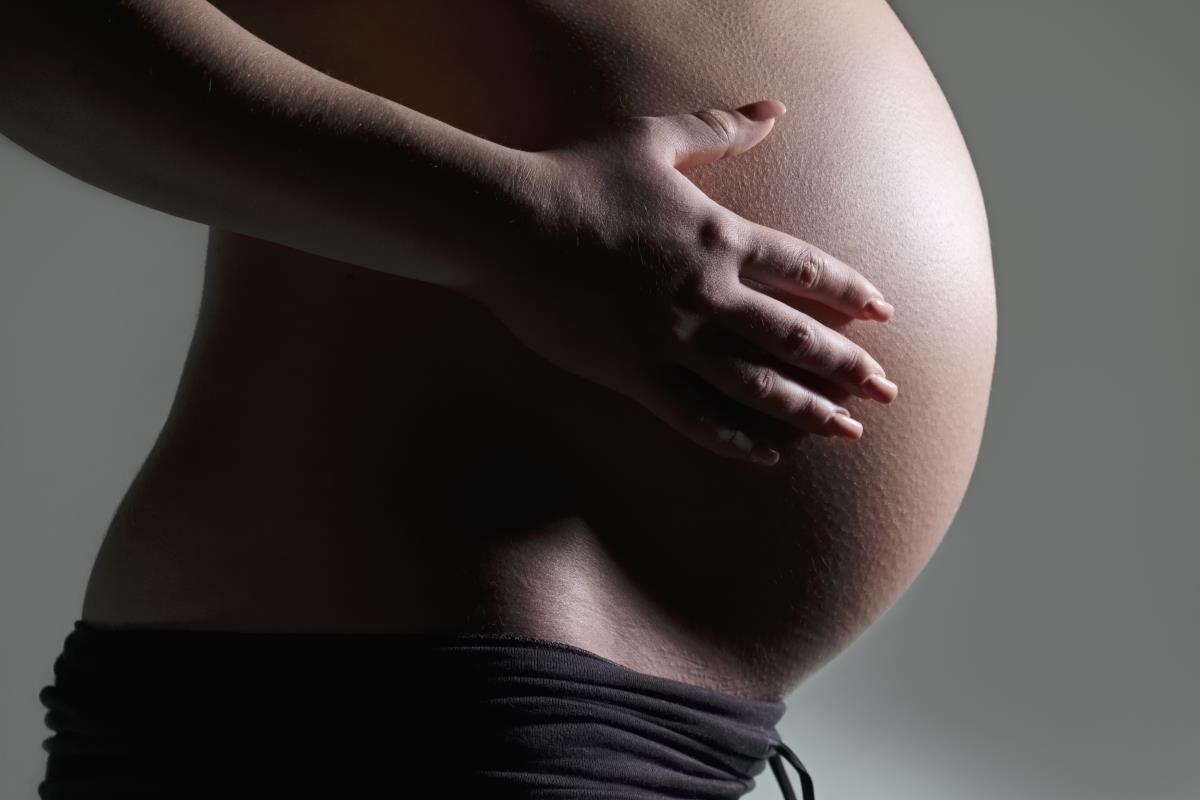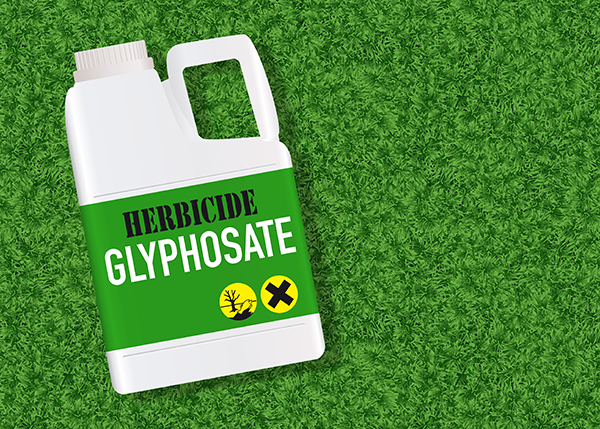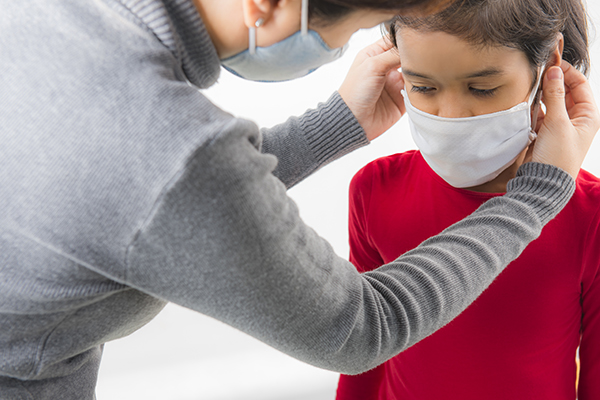
However, the U.K.'s National Diet and Nutrition Survey (NDNS) found that more than 90 percent of the women of childbearing age lack folate, a requirement for preventing birth defects and having healthy babies.
Because of this deficiency, a woman runs the risk of giving birth to a baby with a neural tube defect (NTD), that is, a structure that develops into the baby's brain, spinal cord, and surrounding tissues. A newborn with NTD may have spina bifida and anencephaly, an underdeveloped spinal cord and the absence of a major part of the brain, skull, and scalp, respectively.
In addition, sixteen percent of women of childbearing age had a blood folate level below the 305 nanomoles per liter threshold, putting them at greater risk for anemia.
The results have alarmed Food Standards Agency (FSA) so much it recommended that flour products in the U.K. be fortified with folic acid (a form of folate used in fortification and dietary supplements). In 2017, the Scientific Advisory Committee on Nutrition (SACN) stressed the need for folic acid supplementation when it published a review of the said B vitamin.
The FSA is convinced that including folic acid in bread or flour will raise the level of this important vitamin in women who might get pregnant and suffer from folic acid deficiency. Supplementation could also be the best way to help women from low-income groups get the folic acid they need.
Around 700 to 900 pregnancies in the U.K. are affected yearly by NTD, while in Europe, this figure becomes 5,000 pregnancies a year. Statistics also show that the number of fortified foods has gone down, while neural tube defects are rising.
Two hundred fifty food manufacturers in Switzerland have taken the initiative by fortifying their products with folic acid. But Finland, France, and Sweden think food supplementation is unnecessary with a diet rich in nutrients.
Adding folate to your diet
All these countries agree, however, that folate is a must for physical and mental health. The good news is, a lot of foods contain folates. Some of these include:
- Dark leafy vegetables – Spinach, collard greens, kale, turnip greens and romaine lettuce will supply all your daily folic acid needs. Brocoli, in particular, supplies around 26 percent of your daily folic acid needs and protects the cardiovascular system. A cup of boiled Brussels sprouts, on the other hand, meets around 25 percent of your daily recommended amount of folic acid.
- Asparagus – A cup of boiled asparagus has 262 micrograms of folic acid, which supplies around 65 percent of your daily needs. Asparagus also contains vitamins A, C, and K, and manganese.
- Citrus Fruits – These fruits have the highest folic acid content. An orange has around 50 micrograms of folic acid, a large glass of fresh-squeezed juice, even more.
- Beans, Peas, and Lentils – Pinto beans, lima beans, green peas, black-eyed peas and kidney beans are loaded with folic acid. Even a small bowl of any type of lentil meets most of your daily folic acid needs.
- Avocado – A cup of this superfood has 110 micrograms of folic acid, which provides around 28 percent of your daily needs. Avocados are also a great source of fatty acids, vitamin K, and dietary fiber.
- Okra – Half a cup of cooked okra has around 103 micrograms of folic acid.
- Seeds and Nuts – Pumpkin, sesame, sunflower, and flax seeds are packed with folic acid. A cup of sunflower seeds and flax seeds contains as much as 300 micrograms of folic acid. Peanuts and almonds are also rich in this important B vitamin.
Know more about what to eat during pregnancy by heading to WomensHealth.news today.
Sources include:
Please contact us for more information.























